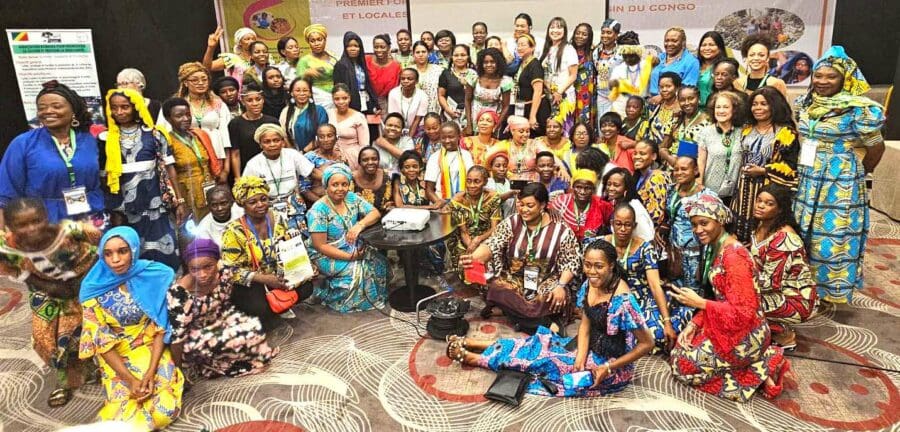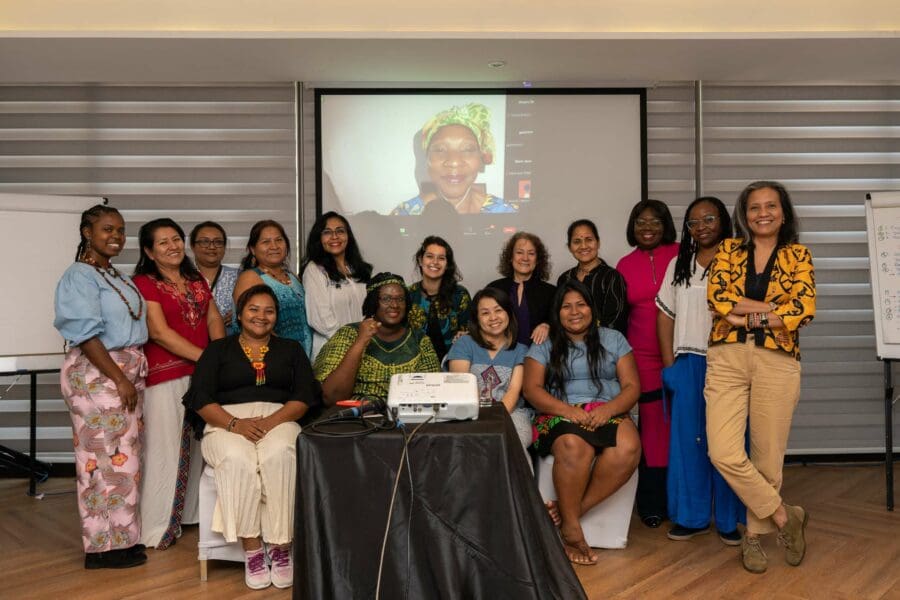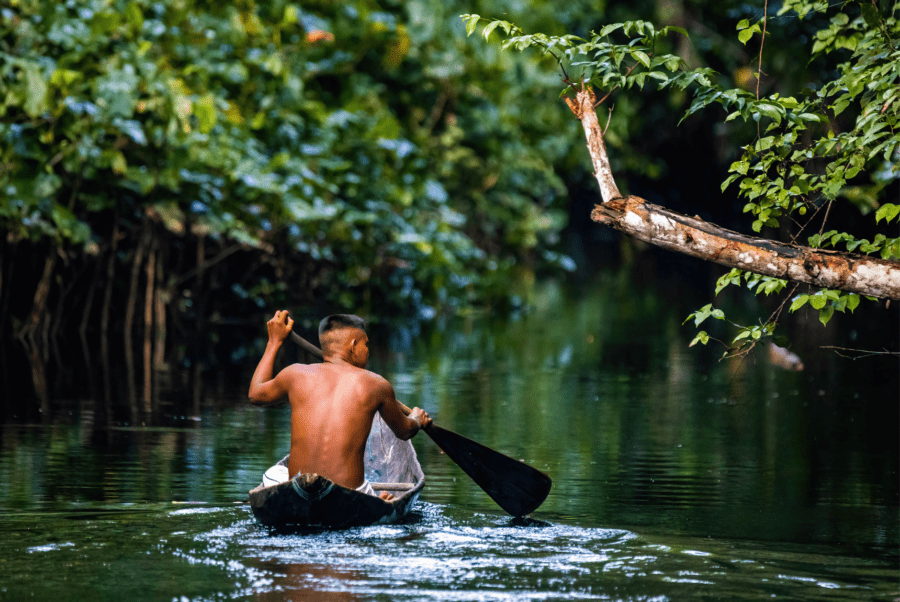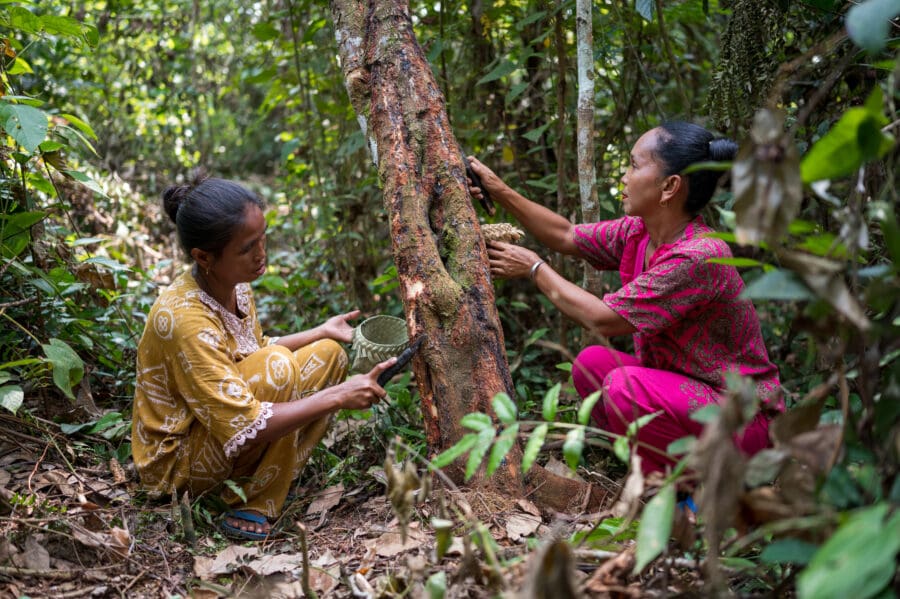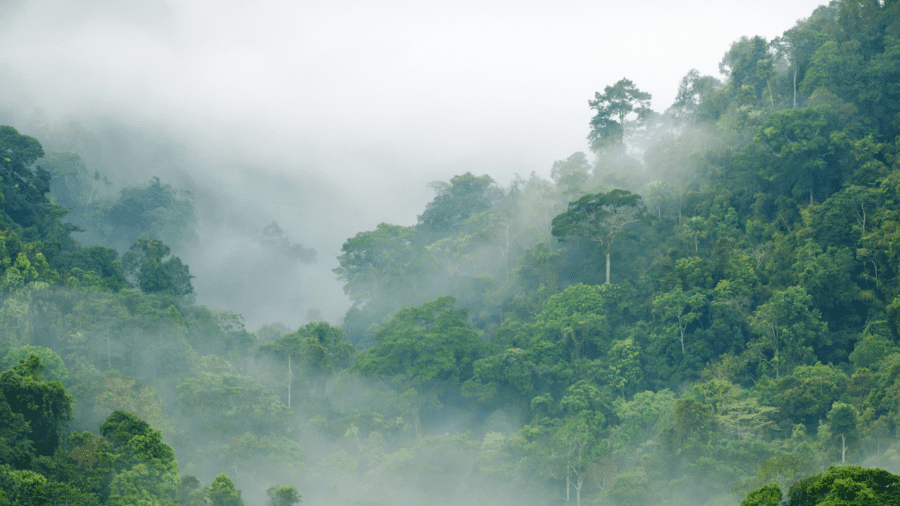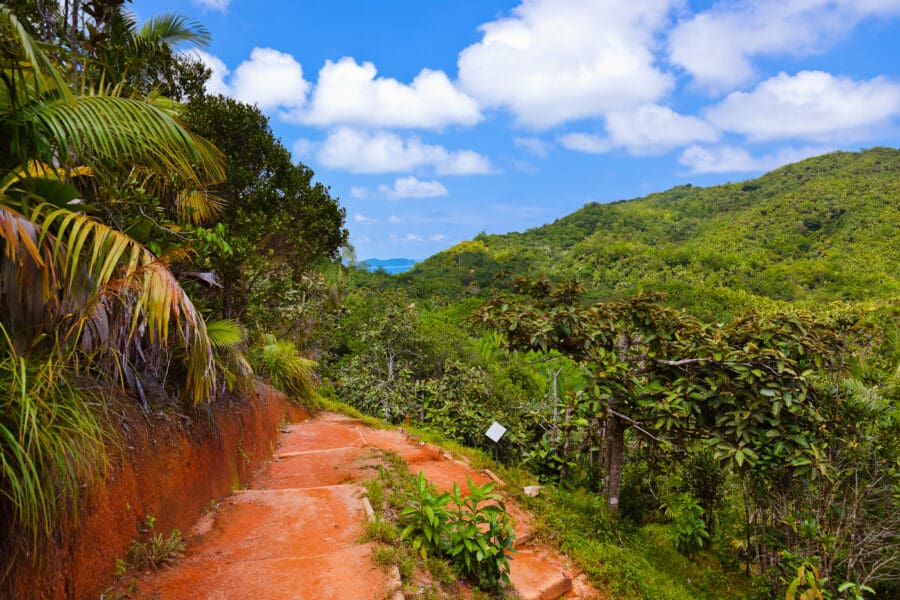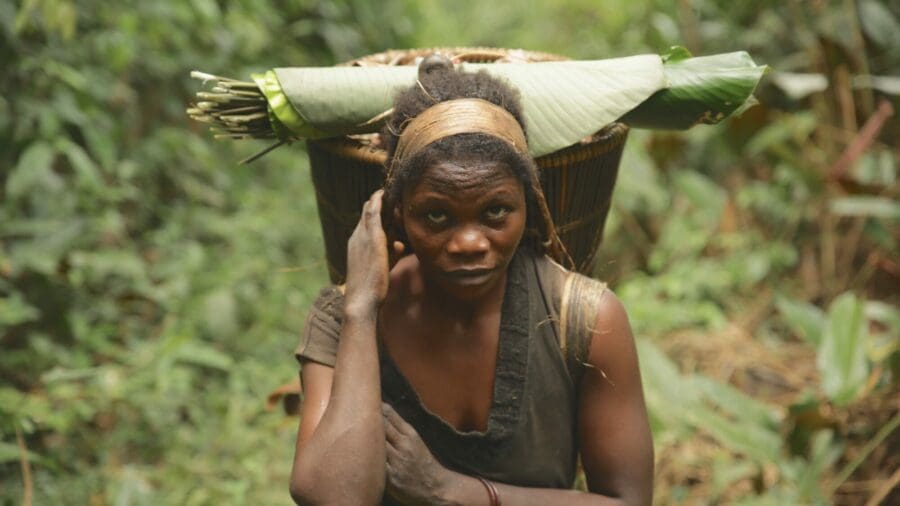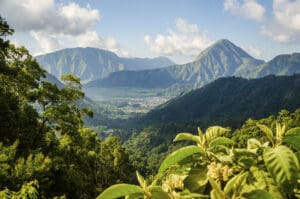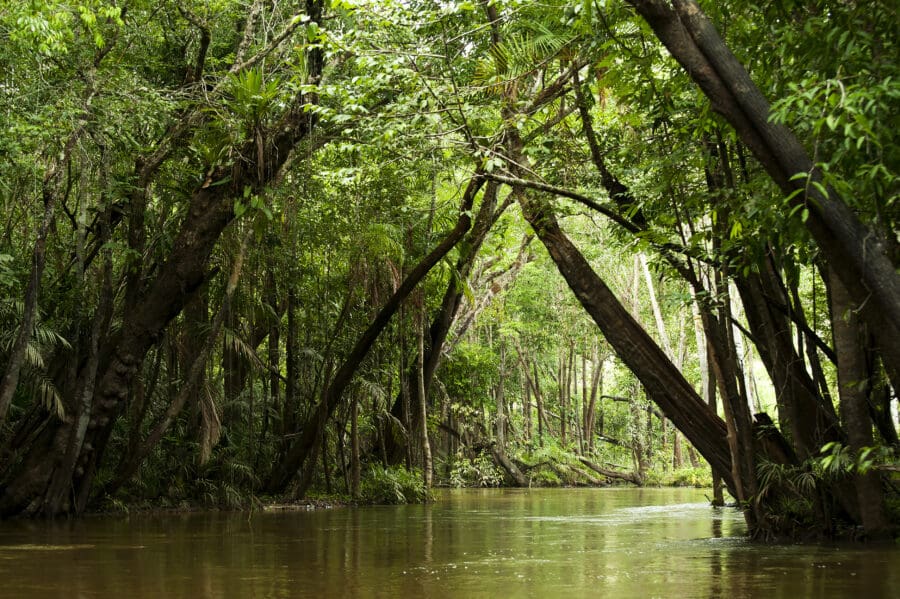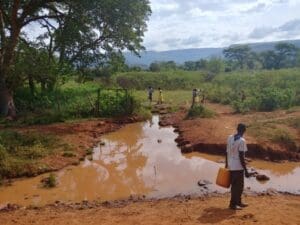Women leaders from Africa, Asia, and North and South America gather in Brazzaville to strengthen the global solidarity movement for women-led initiatives to protect biodiversity and build climate resilience.
Members of the new network agree to create more documentation on land rights and governance processes for Indigenous, Afro-descendant, and local community women; call for strengthening advocacy capacity.
Indigenous and community leaders from North America and the global South come together to build relations and strengthen a global solidarity movement around Indigenous and community-led responses to the global biodiversity and climate crises.
On December 6, RRI, the Conservation through Reconciliation Partnership (CRP), and the ICCA Consortium—in partnership with the Canadian Research Chair in Human Rights, Health, and the Environment, Montreal International and the Christensen Fund—will co-host a pre-COP15 dialogue on Indigenous and community leadership in conservation.
This keynote address was shared in person on July 21, 2022 at the IUCN Africa Protected Areas Congress in Kigali, Rwanda. Patrick calls on governments to leverage the cultural diversity of Africa to craft new conservation models that legally recognize and secure the tenure rights of Indigenous Peoples and local communities as a just and viable solution to the global biodiversity crisis.
President Félix Antoine Tshisekedi of the Democratic Republic of the Congo (DRC) has signed a historic bill to protect and promote the rights of Indigenous Pygmy Peoples into law. This is the first-ever legislation in the country to recognize and safeguard the specific rights of Indigenous Peoples.
November 14 marks Gender Day and Water Day at CoP27 in Sharm-El-Sheikh, Egypt. We must take a moment to recognize how Indigenous, Afro-descendant, and local community women and girls are leaders in climate change mitigation and adaptation and integral to attaining the UN's 2030 Sustainable Development Agenda.
On November 11 at CoP27, 41 grassroots women’s organizations from Asia, Africa, and Latin America launched a new advocacy network called the Women in Global South Alliance for Tenure and Climate.
RRI is excited to announce the launch of its new online Tenure Tool. This platform, hosted on RRI’s website, will give rightsholders, researchers, activists, policymakers, and the public free and easy access to qualitative and quantitative data on the forest tenure rights of Indigenous Peoples, Afro-descendant Peoples, local communities, and the women within those communities.
In this new report, researchers compiled data on this funding stream and assessed the grants along different dimensions of “Fit for Purpose” criteria—determining whether the funding achieved its intended goals or was compromised in delivery and effectiveness.
This July, an RRI delegation participated in the first-ever IUCN Africa Protected Areas Congress (APAC) in Rwanda and included Indigenous and community leaders from the Republic of Congo, the DRC, Liberia, Cameroon, and Kenya. APAC marked a crucial moment in shaping Africa’s conservation agenda and culminated in the Kigali Call to Action. This is our delegation’s response to this Call.
Rights and Resources Initiative (RRI) and the Chepkitale Indigenous Peoples' Development Project (CIPDP) organized a site visit to Chepkitale to learn from the Ogiek of Mt. Elgon and shine light on the transformative role of community-led conservation in protecting Kenya's biodiversity-rich forests.
When members of the Indonesia-based AsM Law Office landed in Monrovia, Liberia this June, they had a two-fold agenda for their two week exchange with leaders of Liberian civil society.
Long-time RRI collaborator Social Entrepreneurs for Sustainable Development (SESDev) examines how Liberia’s Land Rights Law has impacted women’s land rights and livelihoods since 2018.
A new study led by biologists at University of Amsterdam shows that the minimum land area requiring urgent conservation attention to safeguard Earth’s biodiversity is 64 million square km, equalling 44% of the planet’s terrestrial area.
The Democratic Republic of the Congo’s Senate took a big leap forward on June 10, 2022 in recognizing the customary rights of its Indigenous population by adopting a new law on the Promotion and Protection of the Rights of the Indigenous Pygmy Peoples.
As the role played by Indigenous Peoples and local communities in safeguarding the planet gains long-due recognition by global climate and conservation initiatives, their representatives and allies have launched a new mechanism to finance locally-led efforts with full respect for the rights of Indigenous Peoples and local communities.
The Rights and Resources Initiative (RRI), the Global Alliance of Territorial Communities (GATC) and the Campaign for Nature (C4N) receive grant from Bezos Earth Fund to jointly scale up the recognition of tenure rights of Indigenous Peoples, local communities, and Afro-descendant Peoples in the Tropical Andes and Congo Basin.
A decade-long effort by RRI’s DRC Coalition has led to a progressive land policy in the country
A new report by the Forest Carbon Partnership Facility (FCPF), a global partnership for successfully reducing emissions from deforestation and forest degradation, and the World Bank’s fund for Enhancing Access to Benefits while Lowering Emissions (EnABLE), outlines tangible ways global communities can make inroads in the effort to mitigate climate change through strengthening Indigenous sovereignty.
At UNFCCC COP 26, new research shows Indigenous Peoples and local communities hold at least 958 million hectares of land in countries spanning most of the world’s endangered tropical forests – yet have legal rights to less than half of their lands. Community-held lands sequester over 250 billion metric tonnes of carbon, and lack of secure rights threatens to release much of this carbon into the atmosphere through deforestation.
Recognizing secure tenure rights for local communities and Indigenous Peoples is one of the key drivers of social peace and sustainable economic development. Addressing the common need for a platform to continue sharing experiences and knowledge, we helped establish the African Land Institutions Network for Community Rights (ALIN). To assess progress since meeting in Antananarivo, Madagascar in 2019, the 3rd ALIN Conference will be held in a hybrid format in Lomé, Togo and online from October 12-14, 2021.
RRI collaborator KVCO help formalize a mediation process between local communities and oil companies in Kerio Valley, enshrining community land rights.
Across the world, the outbreak of COVID-19 has created unprecedented challenges for RRI members and their communities. In many cases though, it has also led to opportunities for empowering local communities. This was the case for Social Entrepreneurs for Sustainable Development (SESDev), a Liberian non-profit that works on natural resource governance rights.

